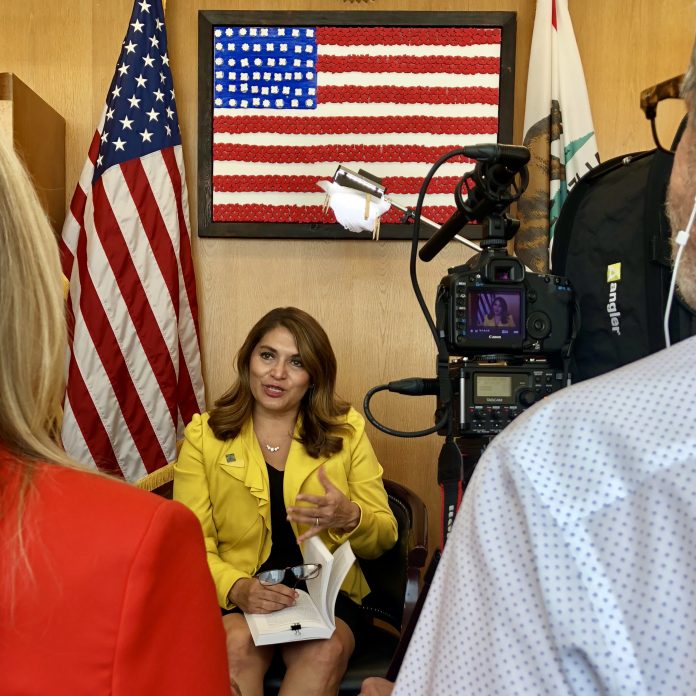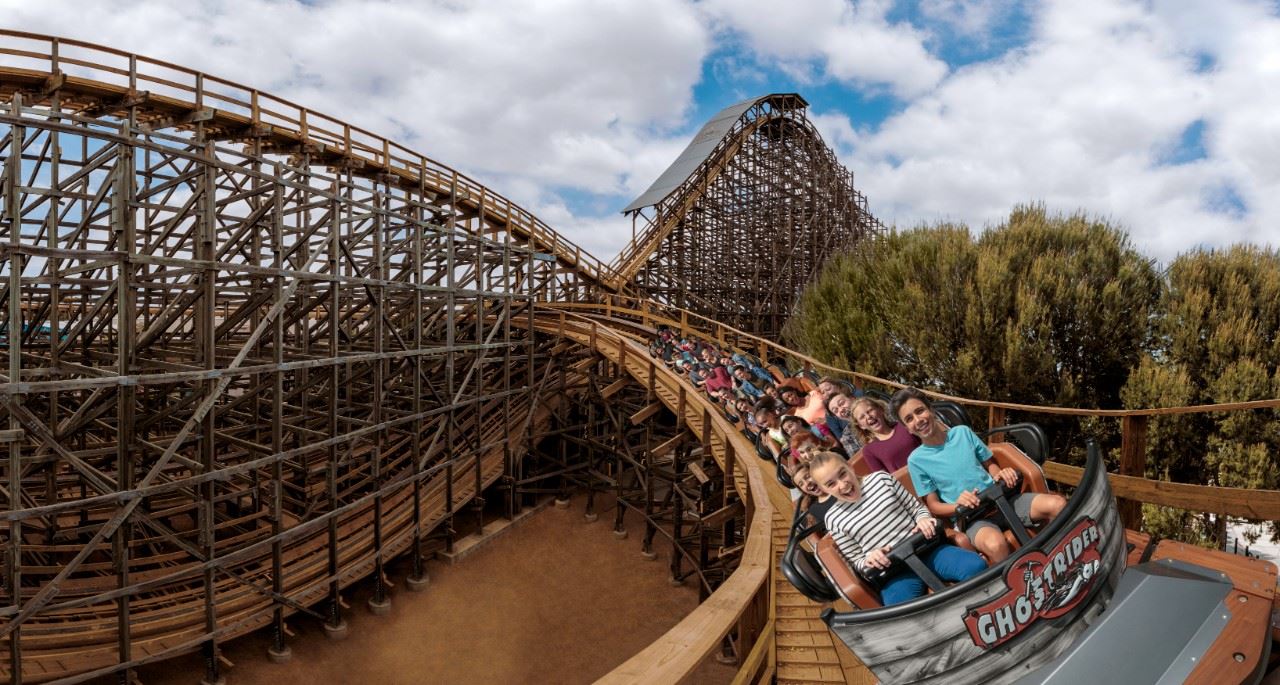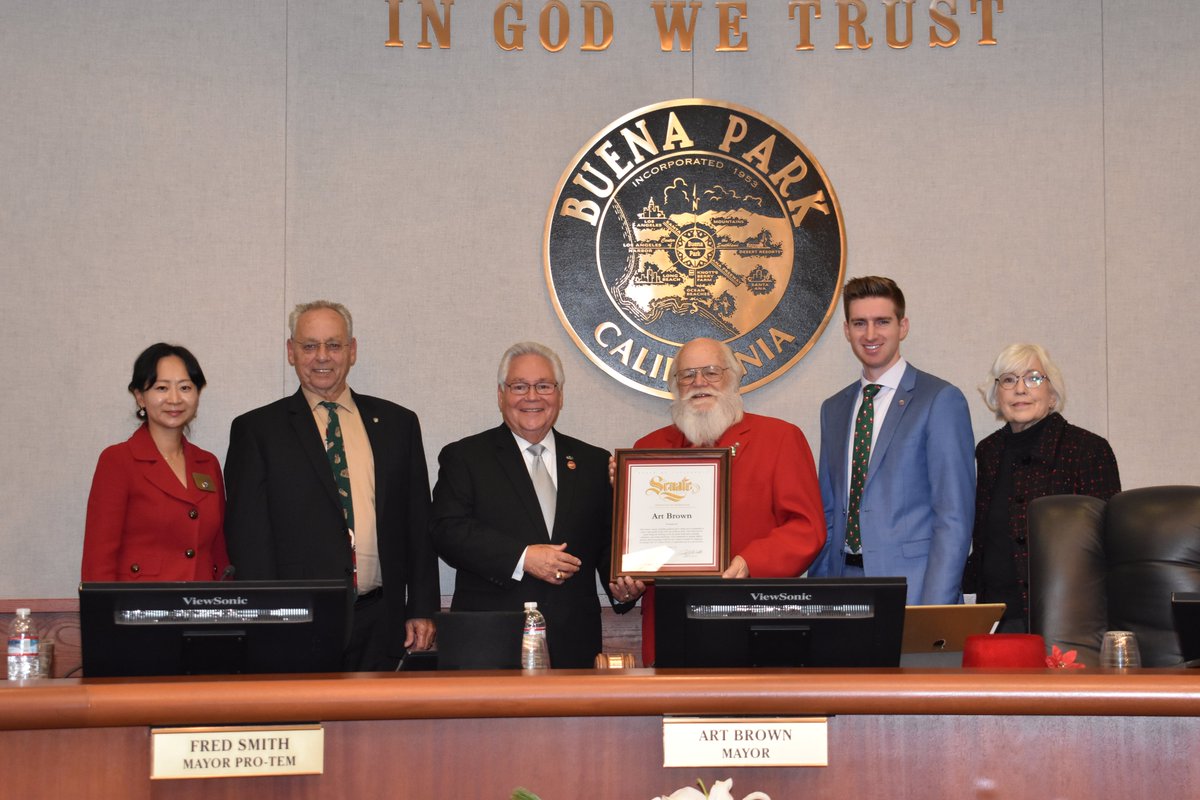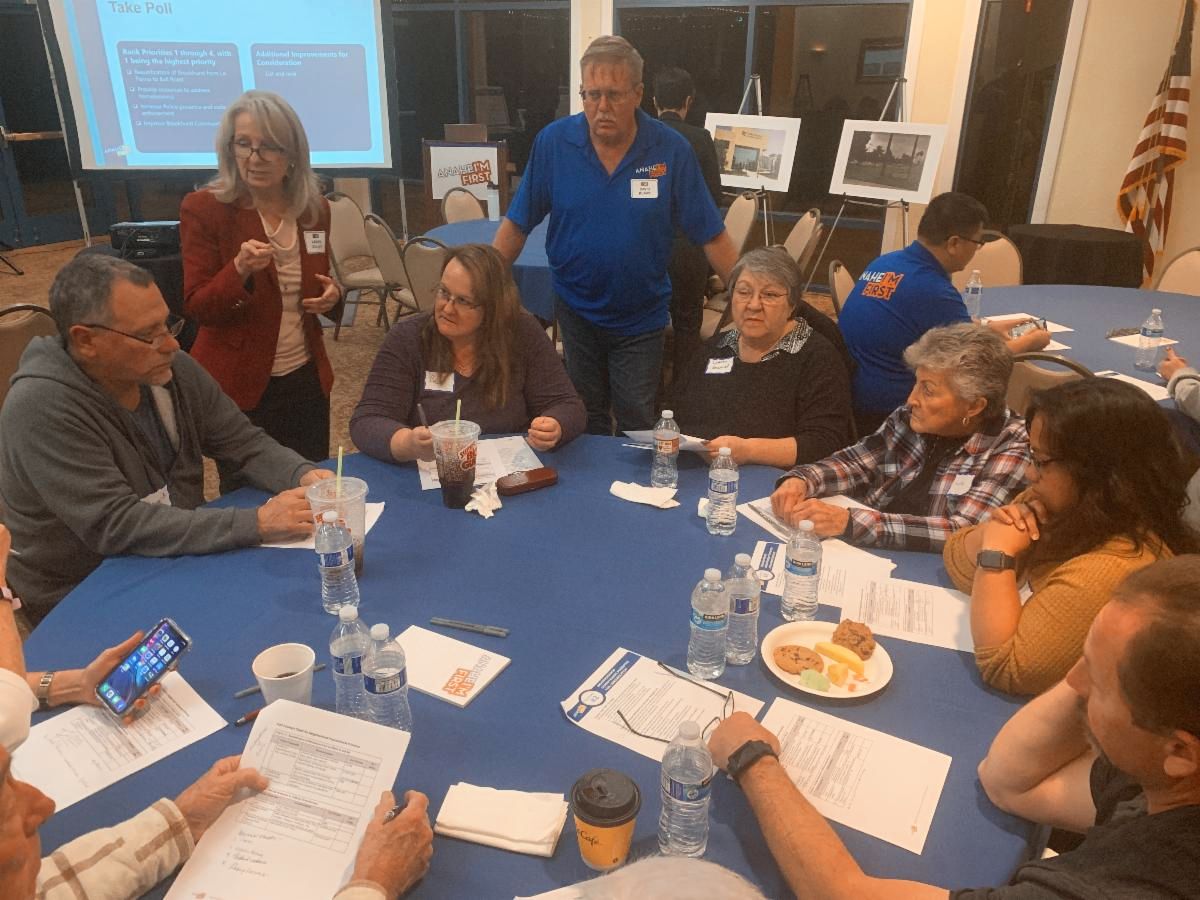Assemblywoman Sharon Quirk-Silva, sitting in a Fullerton café, has ink on her hands in the early morning, having already been hard at work, and with a full day ahead of her. This has been her life for the past several years, juggling trips to Sacramento, public appearances, press interviews, and family life, as she has served two terms as the Assemblymember from California’s 65th District. She is a native of Fullerton and a teacher by trade, having taught the City’s youth for 31 years before becoming Mayor of Fullerton. She is running for re-election this November, attempting to stave off opponent Dr. Alexandria Coronado. Reporter Brooklynn Wong recently sat down with Ms. Quirk-Silva to found out more about her, and the issues she’s basing her campaign on.
This is the second part of a two-part series profiling the candidates running for California State Assembly in the 65th District.
BW: Tell me about your background.
SQS: I’ve been an educator for 30 years, teaching at Fullerton Elementary and in that 30 years I taught pretty much every grade between kindergarten through eighth grade.
BW: Are you a native of this area?
SQS: I am. I was born in Los Angeles, but we moved here when I was about one. My own kids—I have four of them—have gone to all the local schools. I also went to Fullerton College and then transferred to UCLA.
BW: What made you want to get involved in politics?
SQS: That was more of an evolvement from my job within the Fullerton School District. I was not only what they called a Healthy Start Coordinator under the school district, but I also was with the Fullerton Collaborative, and we were working in what we’d call our underserved neighborhoods and you could apply to the City for grants, which they still have with their Community Block Development Grants (CDBG). Those grants come from the federal government, so once I realized there was an opportunity to really compete for those funds for different parts of our neighborhoods, I then decided to apply to be on the commission. So in about 2002 I applied to be on Parks & Recreation Commission, and on the CDBG Committee, and got accepted to both and then ended up staying on the Parks & Recreation, and that was kind of my first step into politics in the sense of serving the community outside of being a teacher. That was 2002. And I was on that commission for two years, and then ran for Council kind of as an unknown. I won my first race in 2004, and then was elected as the top vote-getter in 2008 for a second term on Fullerton City Council, so I served eight years on Council and had two terms as Mayor.
BW: How often are you in Sacramento?
SQS: A typical week would be I’d leave on the 7 a.m. flight, and then we come back by about 4 o’clock on Thursday afternoons. So it’s three nights and four days. We do have almost like a school calendar break, so there is a spring recess…a holiday recess, and then there’s a summer recess for one month. So we will have a recess from right after Fourth of July to the first week in August. But then that means you come back and you work in your district. I mean, you can take some personal time, but…when I get back, then people want to catch up…It’s a very busy schedule, but I enjoy it. I often do coffees out of the formal building, or instead of the City Hall, because I want people to get that their government is accessible, that we’re just like anybody else; we need to hear the issues before we can do something about it, so when I was a Councilmember I did Walk and Talks in different parts of the city every month, for a very long time. My husband’s now a Councilmember and he does the same, and sometimes only three or four people show up. Sometimes ten, sometimes 15, it depends on the neighborhood and the issue, but what I found by doing those is for most people it’s not about being political. It’s not about being a Republican or a Democrat or a Libertarian. It’s about the issue in their neighborhood. So for example right here by Cal State Fullerton, parking is an issue, because if the students park here, then they’re not getting their customers in, and that’s an issue. But if you go over to the south side of Fullerton, in one of the neighborhoods that’s a long-established neighborhood, lighting’s an issue because they have the older lights and Edison isn’t replacing the bulbs because it’s very old and it can get very dark there, and so people get very concerned about their safety. So it just depends. Up towards Sunny Hills area, Coyote Hills has always been a big issue. Is that going to be developed or not developed? What kind of impact will there be because right now that’s open space….We’ve often done what we call Coffee and Conversations, or we do Breakfast Clubs…I find that to be a really important part of what I do, is letting the public into government.
BW: What has been the most rewarding thing about being in State Assembly?
SQS: I think when we are able to make the connections that may not be flashed over a newspaper, and might not even be the biggest piece of legislation, although we’ve had some wins, it’s really when we get thank-you notes that just come in and say, you know, “Thank you for spending time with us, thank you for giving us that information, or you made a real difference here.” And there are a variety. Sometimes it’s just we met with a group, sometimes we give certificates to somebody who is being honored…It shows you the art of thank-you letters is alive and well, but also that it meant something.
BW: What have been some of your proudest accomplishments in office?
SQS: I had started working in 2013 on legislation for an Orange County Veterans Cemetery in Irvine. That’s significant because Orange County is the largest county and the only county without a veterans’ cemetery…When I lost in 2014, the project kind of stalled. Nothing happened with it even though the legislation had been signed and it was ready to be moved forward, nothing really happened with it. So when I came back in 2016 it was one of the first things that I started to look at where were they, what needed to happen, and so now what’s happening is that the voters in Irvine June 5 will make a decision. There became a fight over where they wanted it, so the first, in 2012, was kind of on an airstrip, El Toro Airforce Base or former Marine Base, and there’s a lot of concrete there, there’s a lot of buildings, so analysis said it would cost about $80 million to do all the mitigation and to start to build. A developer offered another piece of land that is called the strawberry field…and that could get moved forward with about $10 million…I’m going to go with the $10 million, but I’m not a resident there, it was just my legislation to get the project moving so that the voters now have a vote on June 5, and they will vote for yes they want either the strawberry site, or no they don’t. And I’ve always believed that that’s important for them to make that decision….So we’ll know on the fifth.
BW: Other than that, if you were re-elected, what would be some of the most important issues to you?
SQS: I’m starting to focus more on the foster system. In 2012-2013, we did two foster bills that were signed by the governor. This time we have one that we’re working on…But as the Jobs Chair, we’re working on continuing to keep the Small Business Development Centers open.
BW: What are some of your hobbies?
SQS: I’m a real beach person. The beach is like my therapy, and whenever I can do that, I do that. And I also like to go to movies. I have four adult kids now. My youngest just graduated from Cal State Fullerton, and my daughter just got married two weeks ago, so family, the beach, and movies are probably about it.
BW: What are your long-term goals?
SQS: That’s always up to the voters, but I would like to be elected again. I feel that I’ve done a good job at serving my district, but it is hard to plan, because these are two-year elections, so I do know that if for whatever reason I wasn’t re-elected I am on a leave of absence from my school district….I’m getting to the age where I’m starting to think about winding everything down, but we’ll see what the future has planned for me.










